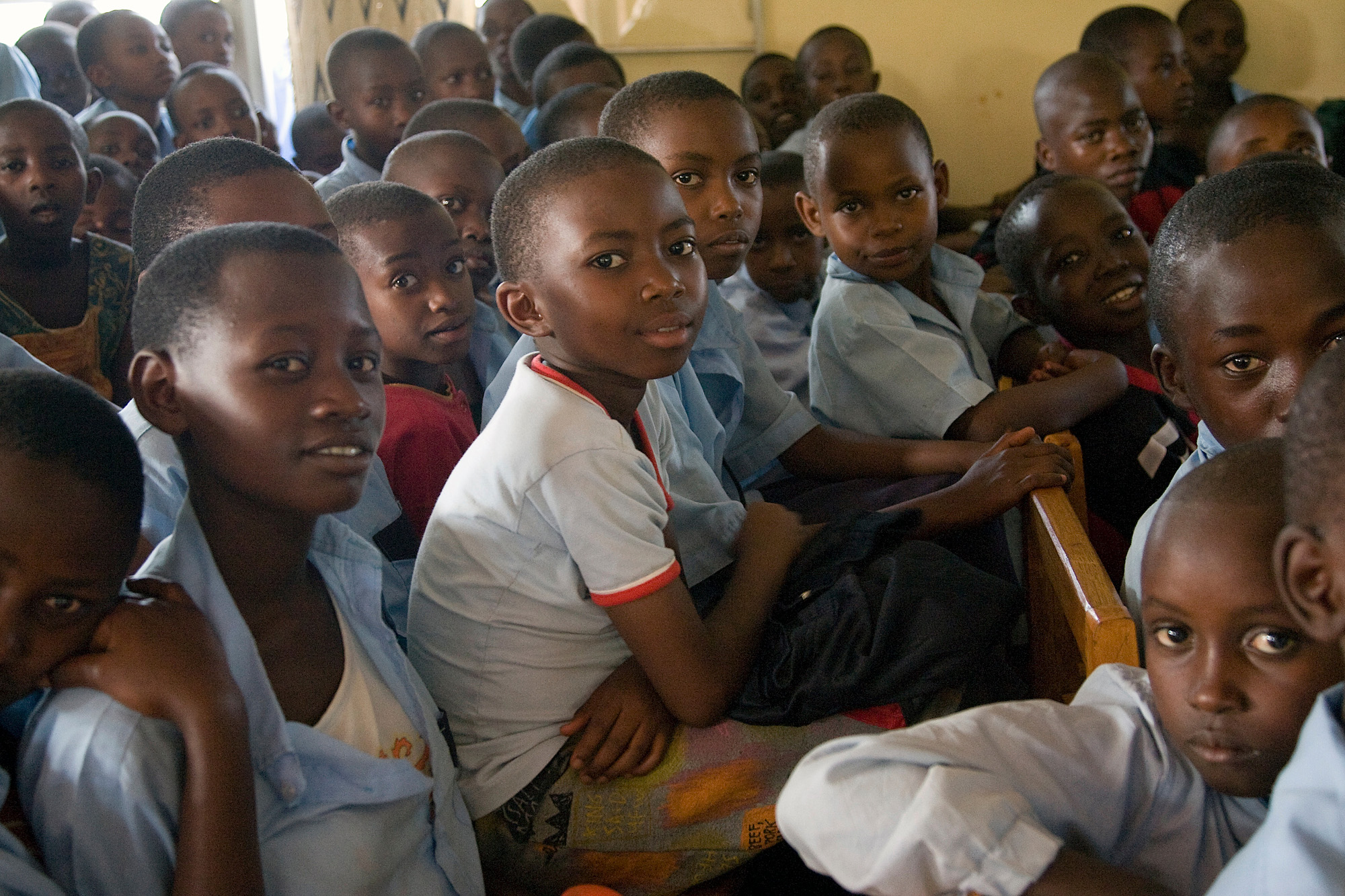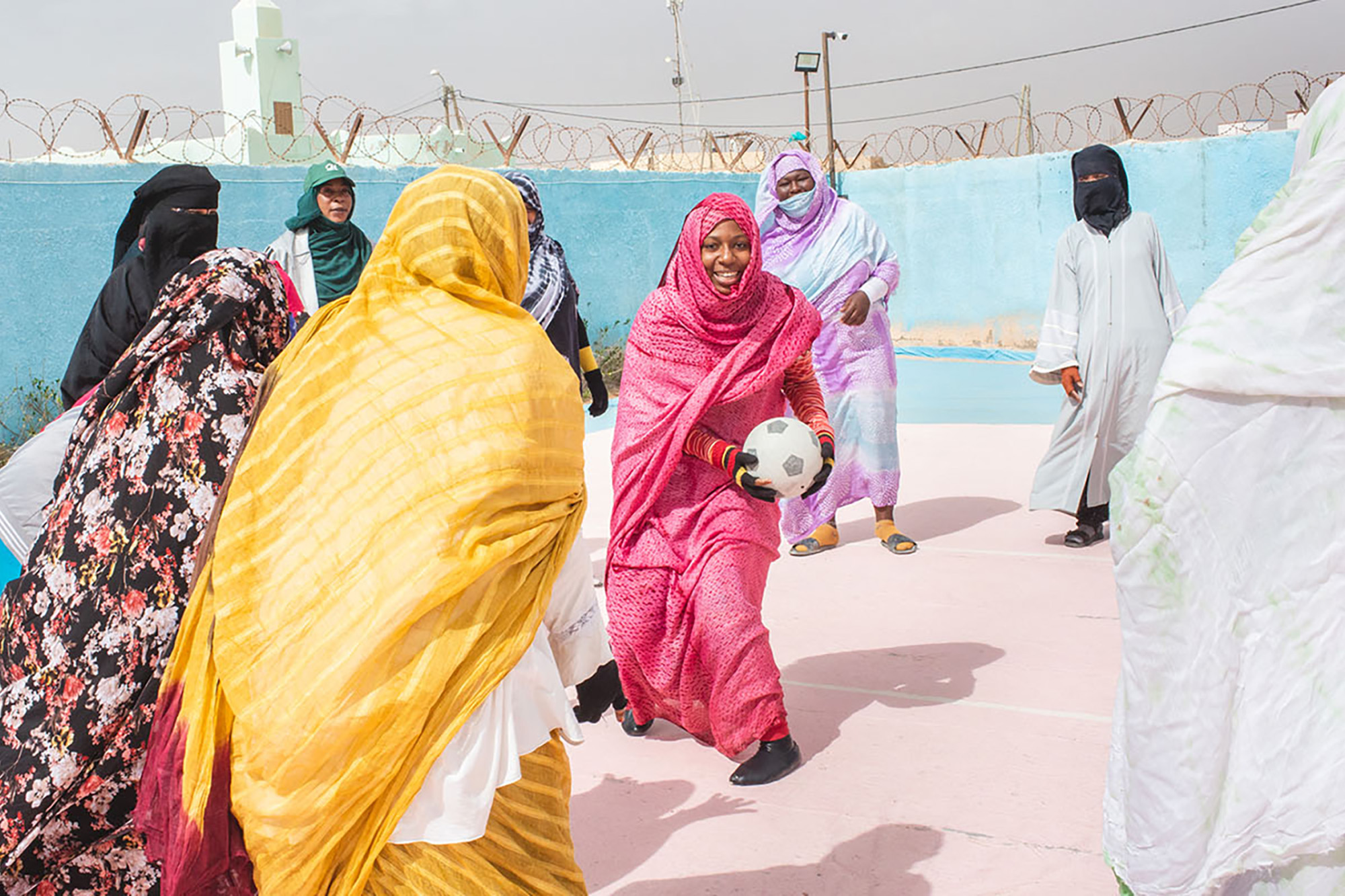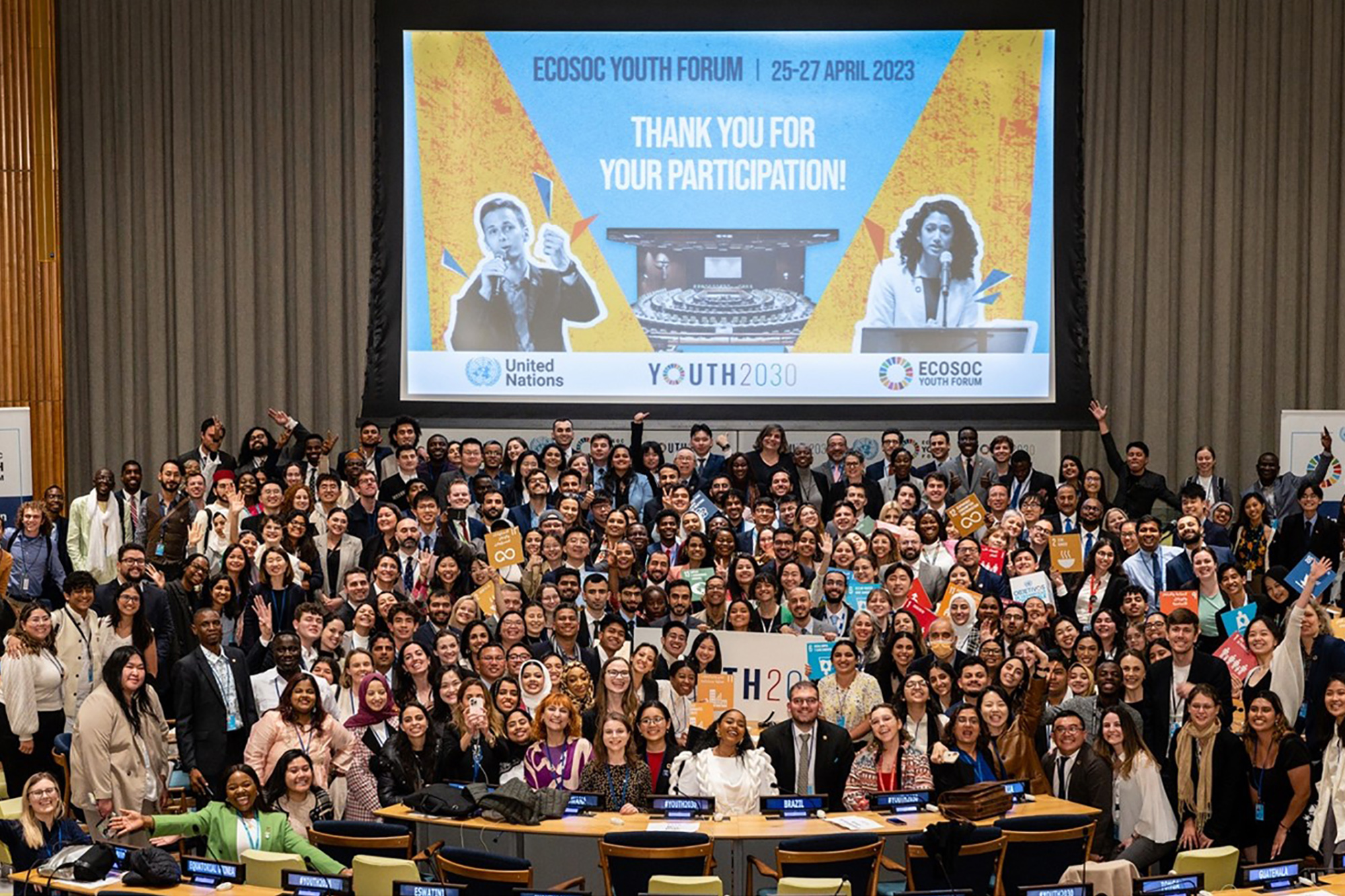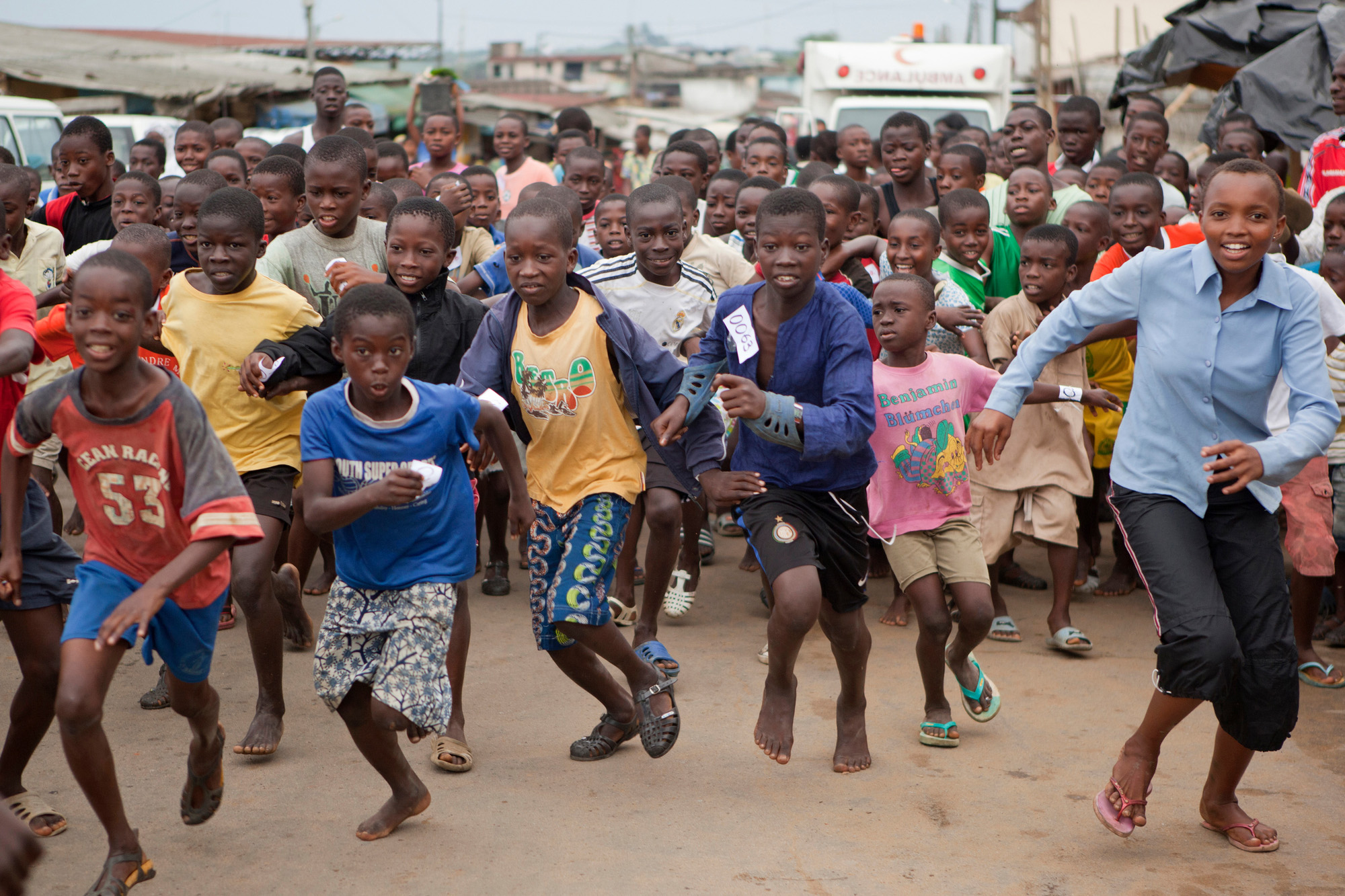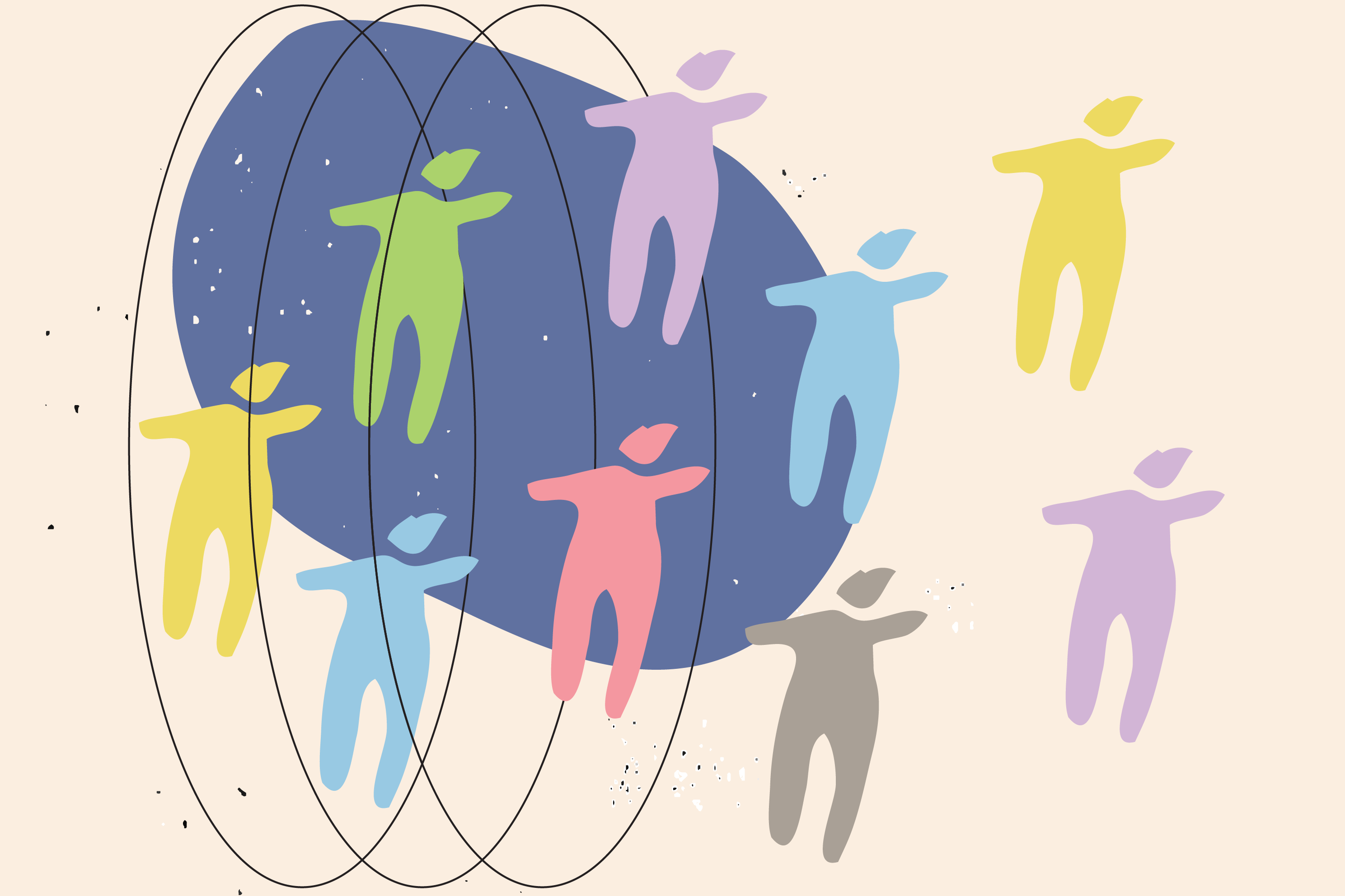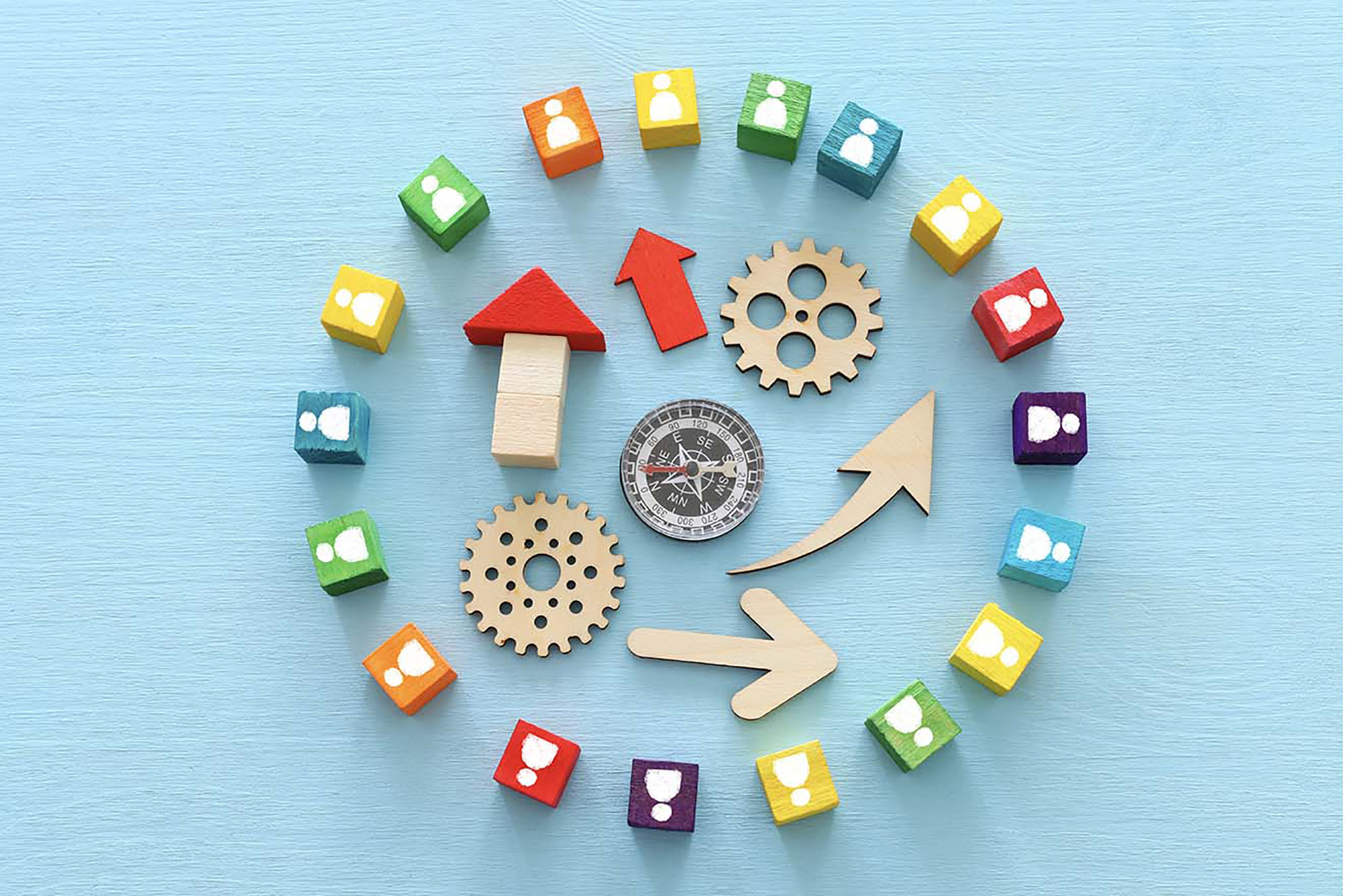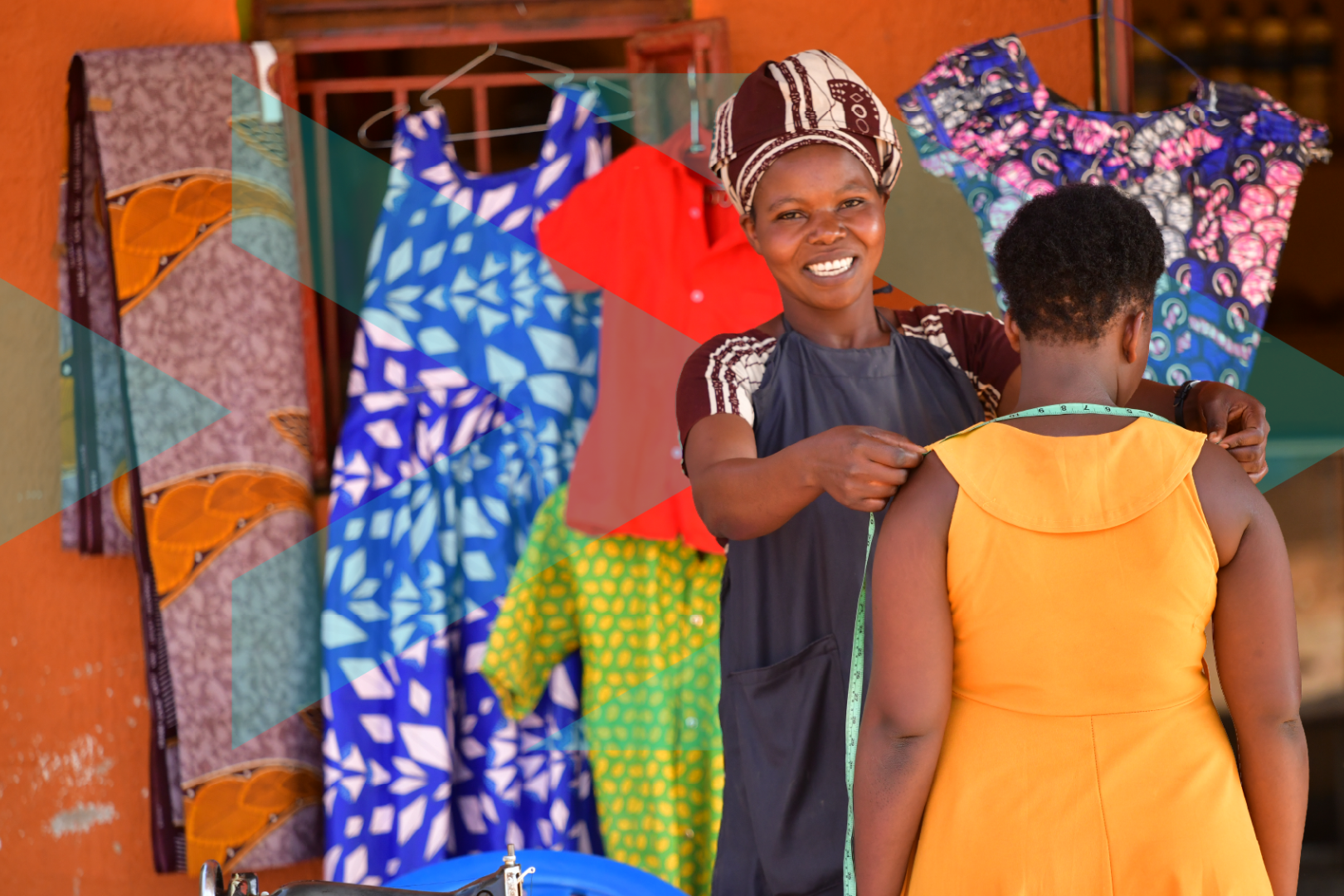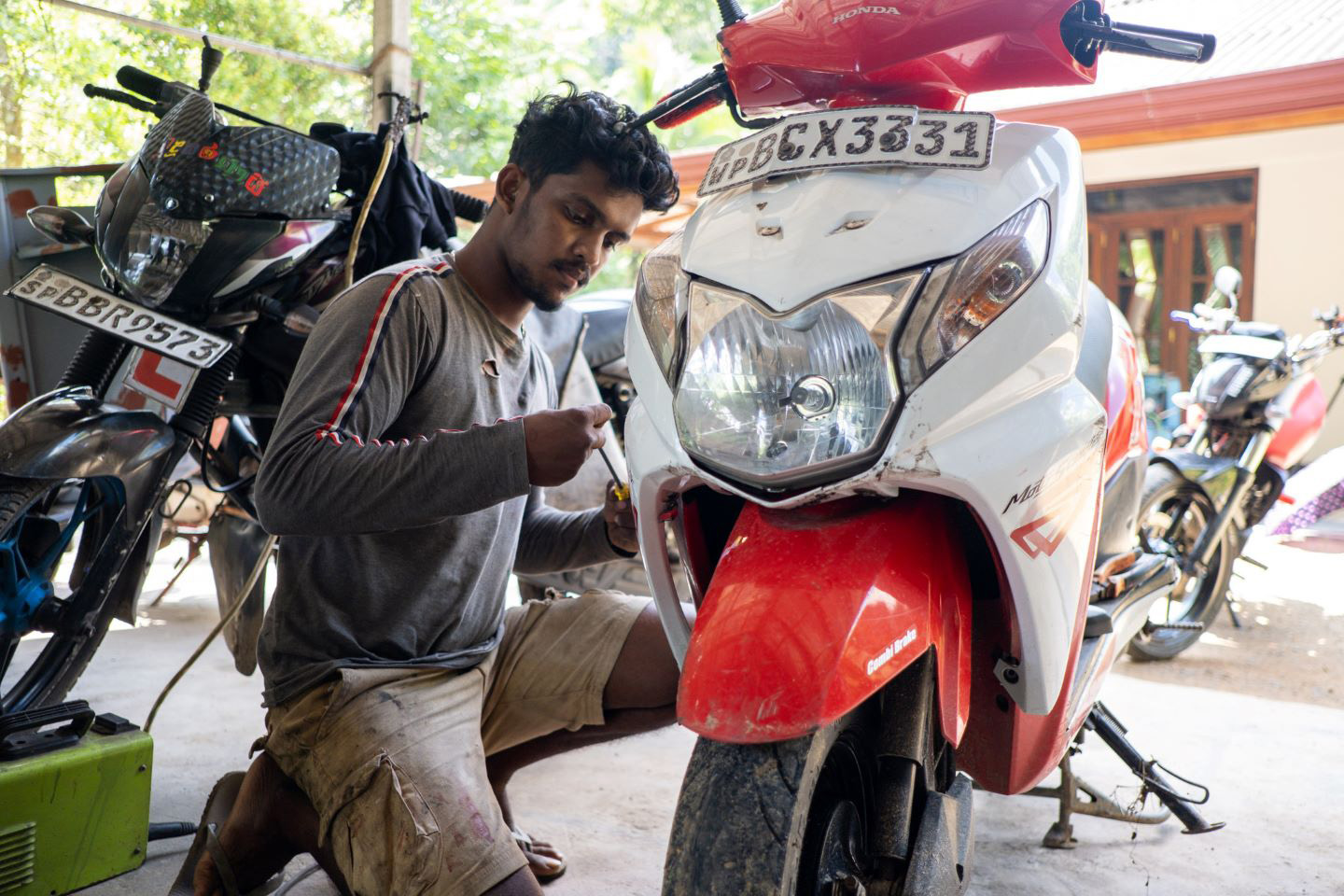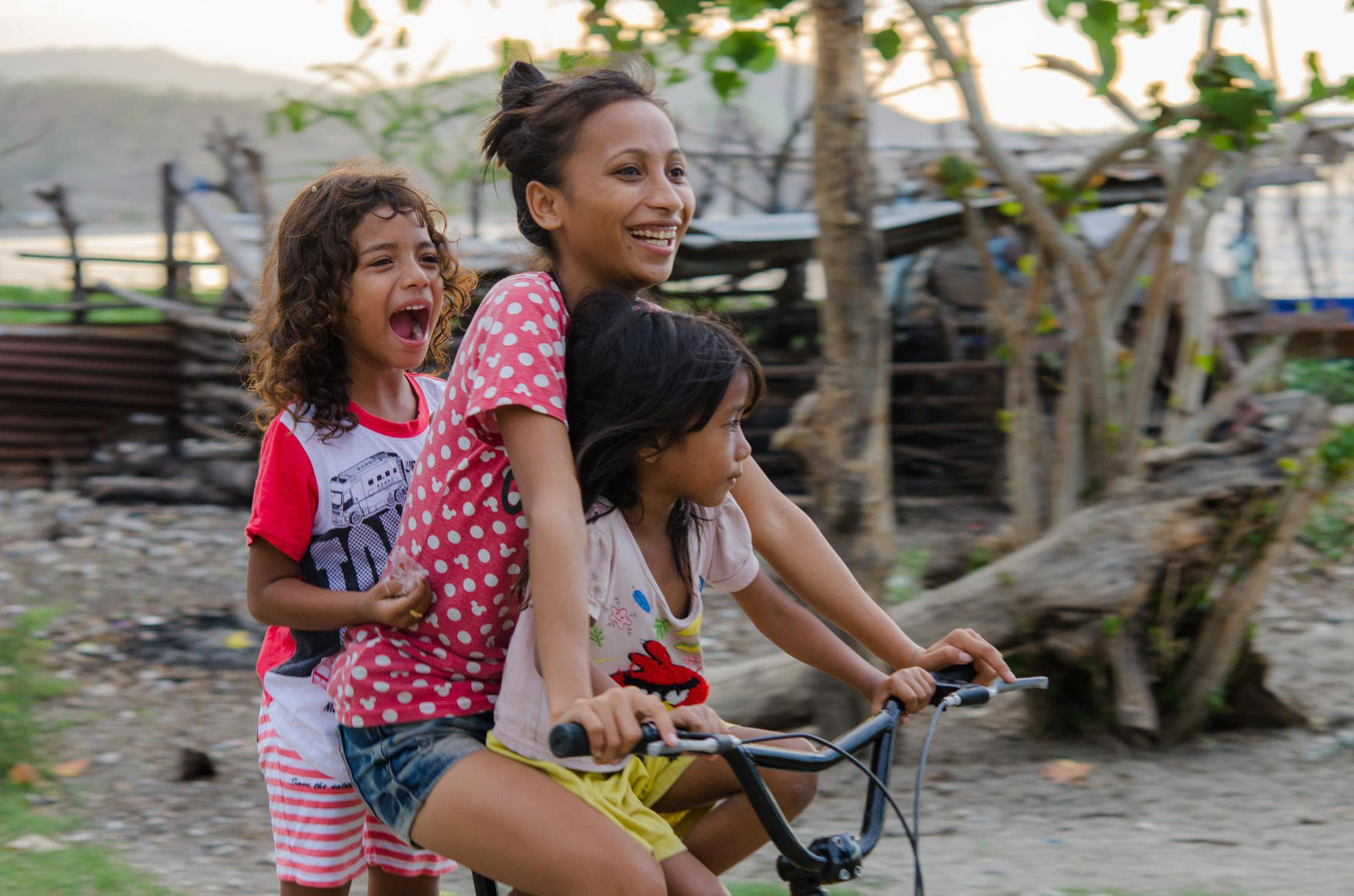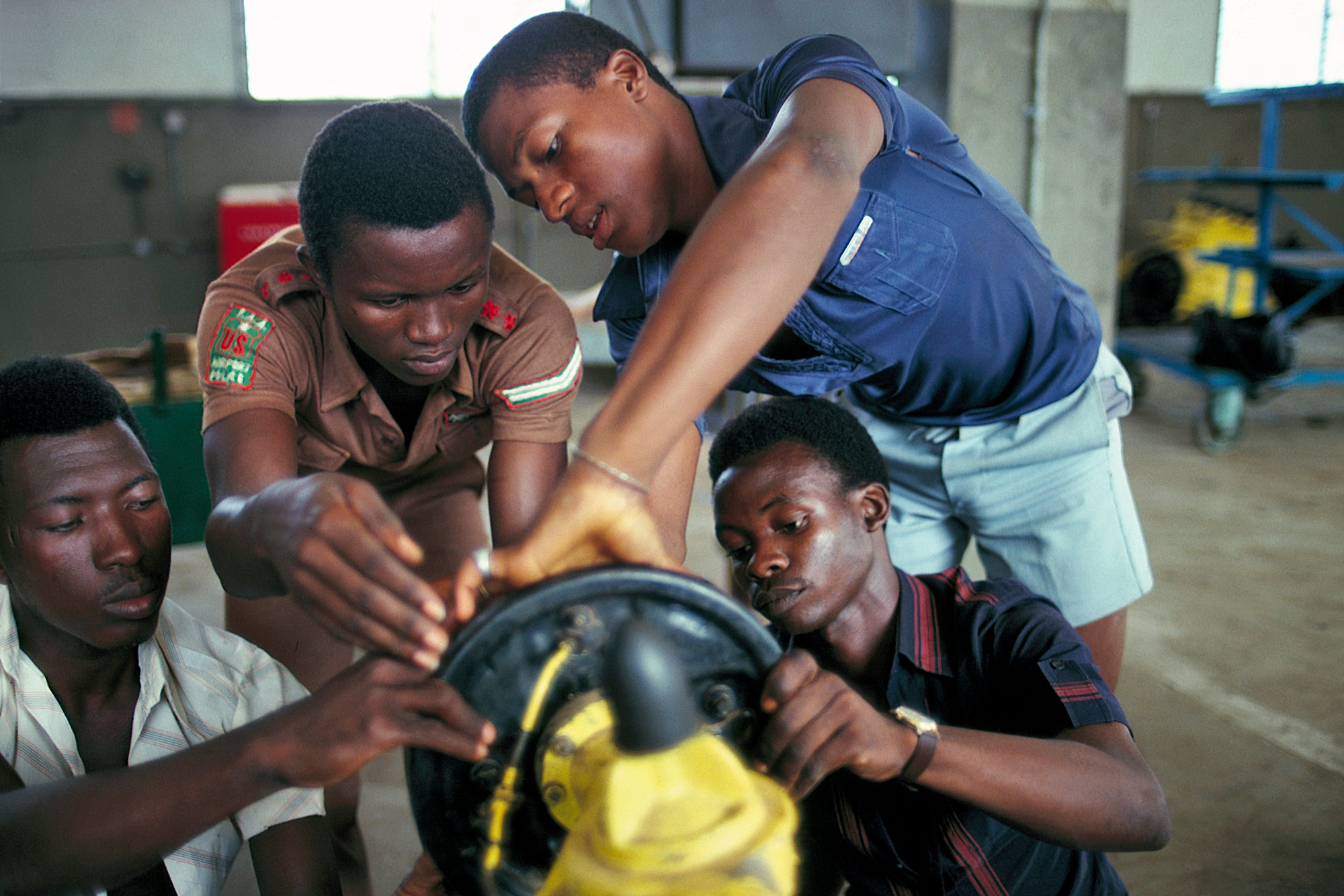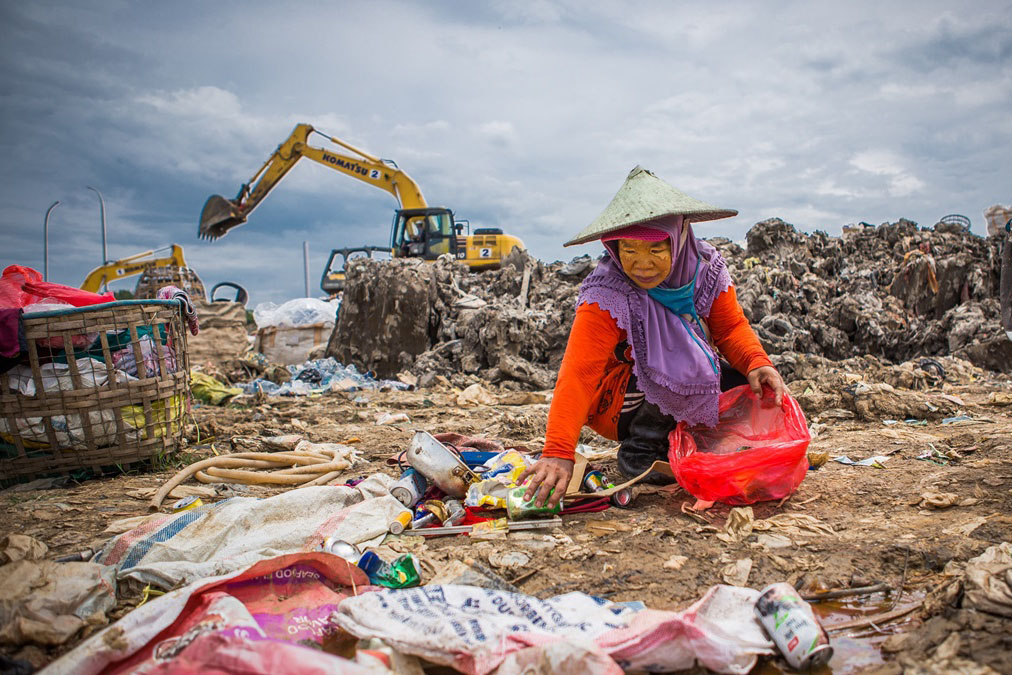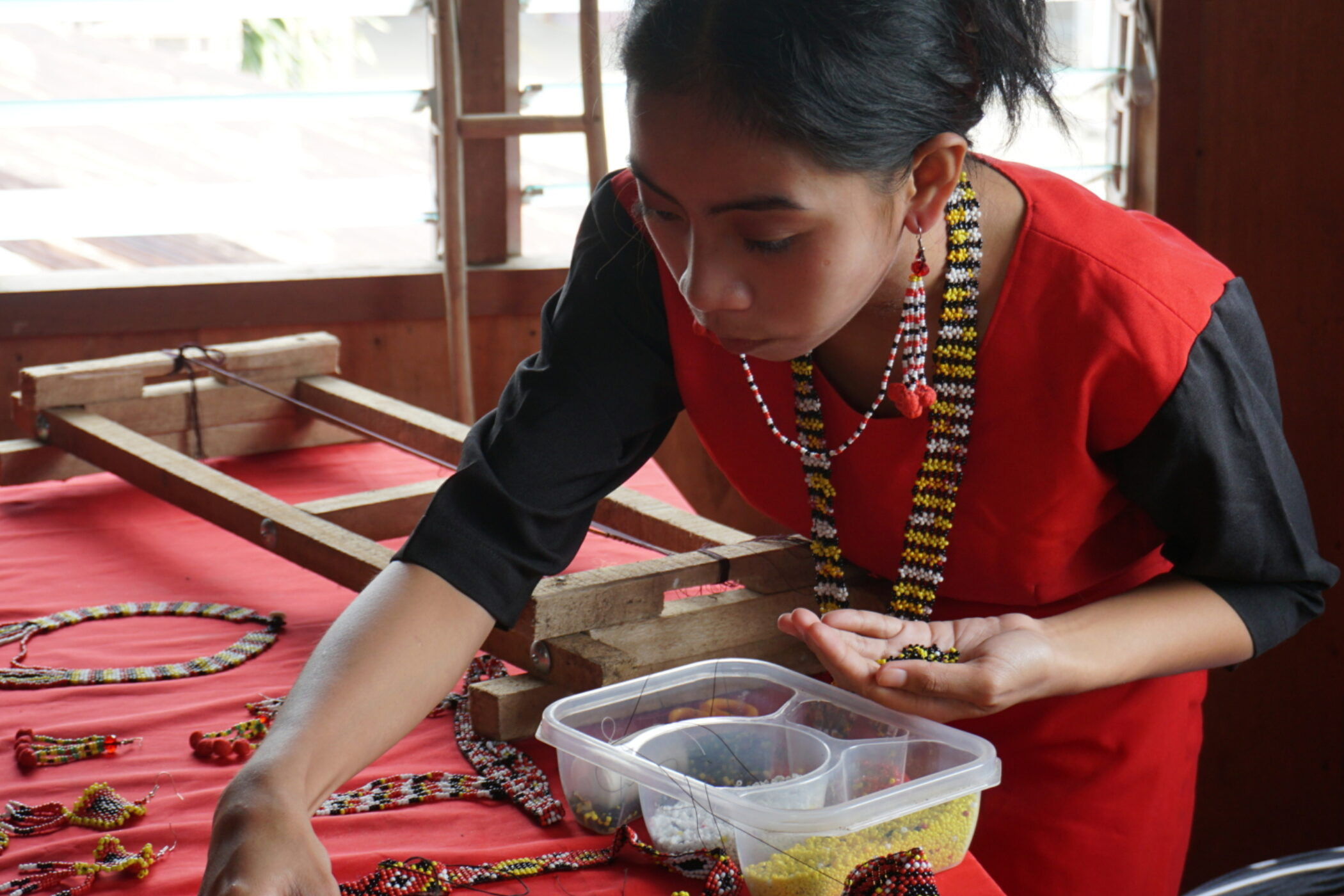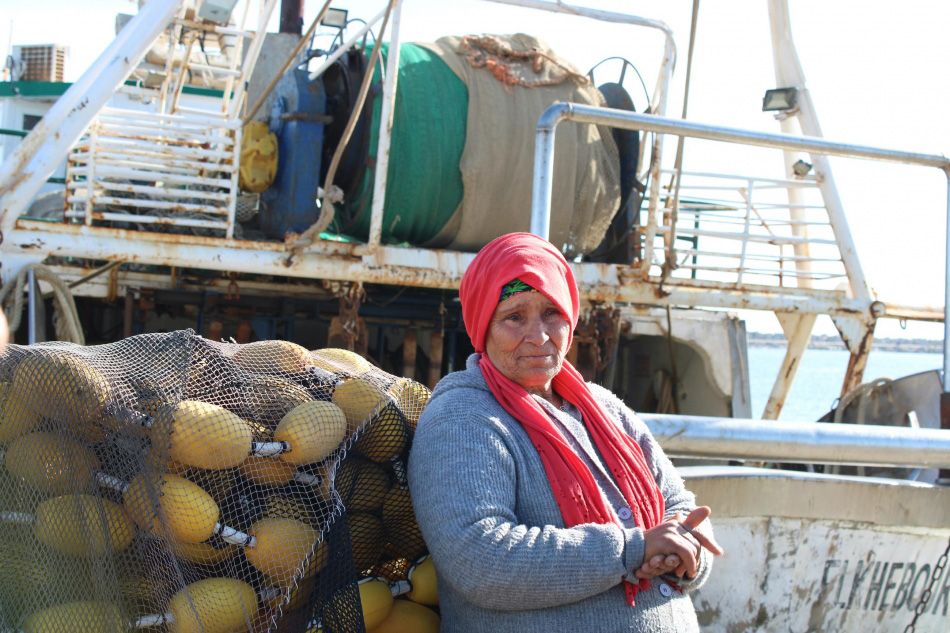Safeguarding future generations in a world at a crossroads. With that goal in mind, the United Nations University World Institute for Development Economics Research (UNU WIDER) is organizing a three-day (May 14-16) conference in Maputo, Mozambique. The event will be attended by renowned researchers and policy experts who will discuss the greatest development challenges of our time -climate change, persistent inequalities, and growing political instability- and what action is needed now to best protect future generations.
Social Development
At the 1994 International Conference on Population and Development, world leaders recognized that sustainable development requires prioritizing human rights, including sexual and reproductive health and rights, and empowering women and girls. While progress has been made, it has not been equal for everyone, and crises like climate change and war threaten to roll back advances. 30 years later, 47 UN Member States are meeting to assess progress and commit to closing gaps and ensuring rights and choices for all.
The ECOSOC Youth Forum, the largest annual gathering of young people under the UN banner is set to convene at the United Nations from April 16th to 18th. This year’s forum echoes the theme of the 2024 High-level Political Forum: "Reinforcing the 2030 Agenda and eradicating poverty in times of multiple crises: the effective delivery of sustainable, resilient, and innovative solutions." The three-day event features plenary sessions, interactive thematic and regionally based discussions, and discussions on innovative solutions for young people in the implementation of the 2030 Agenda.
Sport has the power to change the world. It has the power to inspire. It has the power to unite people in a way that little else does. The International Day of Sport for Development and Peace (6 April), presents an opportunity to recognize the positive role sport and physical activity play in communities and people’s lives across the globe. The global theme for 2024 is “Sport for the Promotion of Peaceful and Inclusive Societies”. The UN has long recognized the power and universality of sport and has used it to unite individuals and groups through the promotion of sports for development.
Autism is a lifelong neurological condition that usually manifests during early childhood. It affects people irrespective of gender, race or socio-economic status. Appropriate support, accommodation and acceptance of this neurological variation allow those on the Autism Spectrum to enjoy equal opportunity, and full and effective participation in society. The 2024 observance marks a significant milestone, as it endeavors to offer a comprehensive global perspective on the state of affairs concerning autism, uniquely centered on the voices and experiences of autistic individuals themselves.
The 2023-2024 Human Development Report, "Breaking the Gridlock: Reimagining cooperation in a polarized world" presents ways forward that hinges on reimagining cooperation in ways that do not assume away divergent interests or opinions but work with them to deliver global public goods that benefit us all. This report is the first in a new trilogy of human development reports that will further explore the layers of uncertainty: how to address polarization (2023-24), shape our shared digital future to advance human development (2025), and marshal human aspirations to navigate the Anthropocene (2026).
The World Day of Social Justice reminds us each year of the need to build fairer, more equitable societies. Support is growing for creating a wide-reaching Global Coalition for Social Justice to bolster multilateral cooperation and align policies to further social justice aims. To mark the Day, the International Labour Organization is broadcasting live a series of events held in major cities around the world. The events bring together high-level speakers from across the world of work to discuss how to put social justice at the centre of international, national and regional policy agendas.
Hello Future is a UNDP video series exploring the trends shaping our world. From digitalization to inequality, the nature and climate emergency to crisis response, we examine the critical challenges we must address to achieve the future envisioned in the Sustainable Development Goal.
Season 2 Episode 4: Futures scope - Development practice is vastly different that what it was 50 years ago.
A growing movement advocates for social justice as the guiding principle for all policies, arguing it enables cohesive societies and economies. But persisting injustices, insecurity, inequality, and crises threaten progress made. Proposals to advance social justice include improved governance of work; lifelong learning; fairer labour market outcomes; and extended social protections. A special concert at the UN in Geneva on 15 February, marking the World Day of Social Justice will amplify messages of justice and social change through the power of music.
The labour market showed modest improvement in 2023, with a decline in the unemployment rate below pre-pandemic levels. But the ILO’s World Employment and Social Outlook: Trends 2024 finds worrying trends for 2024. The report reveals imbalances and vulnerabilities that are damaging prospects for a sustainable global recovery. A decline in real wages, persistent inflation, an increase in working poverty, and a deceleration in productivity growth create the conditions for greater inequality and undermine efforts to achieve social justice.
It can be difficult to ignore the negative news that surrounds us every day. We see evidence of a planet that is warming too quickly, conflicts and inequality that persist despite our best efforts. However, the United Nations Development Programme reminds us that despite these challenges, there are still reasons for hope and optimism. In 2023, there was a significant drop in the deforestation rate in the Amazon compared to the previous year. Additionally, the world made progress towards a global treaty to end plastic pollution on both land and in the ocean. Alternative energy, particularly solar, is finding its place in the sun, even in the remotest communities.
International Human Solidarity Day (20 December) reminds us that all human beings should benefit from humanity's collective achievements. The concept of solidarity has defined the work of the United Nations since its creation, when the peoples and nations of the world got together to promote peace, human rights and social and economic development. The UN was founded on the basic premise of unity and harmony among its members, expressed in the concept of collective security that relies on the solidarity of its members. Human solidarity is also the basis of the UN's Sustainable Development Goals.
New data released by UNCTAD highlights the limitations of Gross Domestic Product (GDP) as an all-encompassing metric for progress, underscoring that higher economic output doesn’t equate to more inclusive and sustainable growth.
Facing historical discrimination, indigenous groups around the world lack access to social services and economic and political opportunities. The indigenous people of the Philippines are no different. Battling high levels of pervasive illiteracy and unemployment, even accessing a birth certificate is a challenge. Without a birth certificate, children are unable to access public education nor are they able to access government social welfare programs, intended to break the cycle of intergenerational poverty in the Philippines. With SDG 16 in focus, UNOPS in partnership with the EU are ensuring no one is left behind by providing access to legal services in the communities.
Mabrouka Ayadi, a 70-year-old widow who has been fishing her whole life, has no government pension or medical care. She hopes the SocPro4Fish project will lead to adequate coverage in the fisheries sector to support her health and well-being. “I have to take care of my health care. I have four kids at home, and they depend on my fishing,’’ she says. FAO and partners work to reduce poverty and sustain the aquaculture sector’s development. The project also seeks to expand coverage of social protection to fishers and fish workers in Tunisia and other countries.

